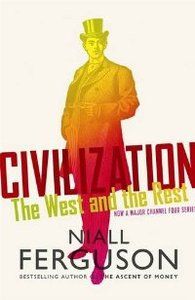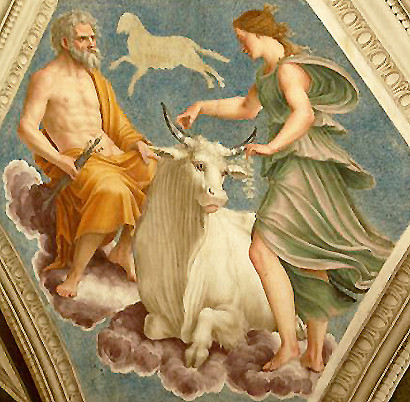Review of Civilization: The West and the Rest, by Niall Ferguson
 Review of Civilization: The West and the Rest, by Niall Ferguson (2011) London: Allen Lane. 402 pages.
Review of Civilization: The West and the Rest, by Niall Ferguson (2011) London: Allen Lane. 402 pages.
If you’ve ever found yourself saying, as I have, that your major political preoccupation is the salvaging of the best of “Western Civilization” [WC], you may then have been queried, “What is it? What aspect of WC is so important?”
[Let us pause here while you review your own list…]
Perhaps a bit of uncertainty? Not sure how long a list to compile? Not sure of your priorities? Isn’t it a matter of taste? And importantly, most of us are not at all sure how WC came about.
Niall Ferguson will certainly help you out here. He is the now well-known and popular (e.g., The Accent of Money) Scottish economic historian, teaching at Harvard and the London School of Economics, and frequent TV commentator. The book under review was the basis for a six-part documentary, for Channel 4 in Britain, “Civilization: Is the West History?”. (Aha! That ought to wake you up, all you readers of The Occidental Observer.) Read more






